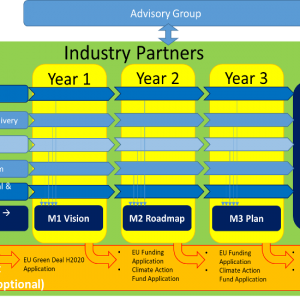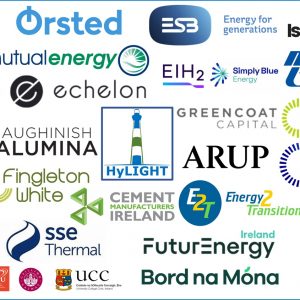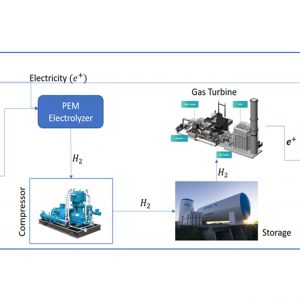
HyLIGHT
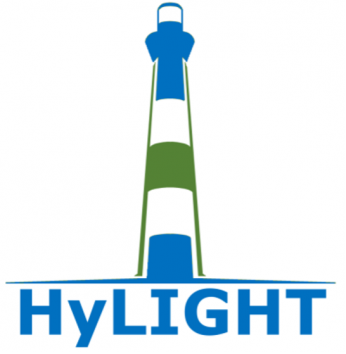
- Title
-
HyLIGHT – Leading Ireland’s Green Hydrogen Transition
- Start Date
-
June 2021
- End Date
-
June 2024
- Funding Body
-
Science Foundation Ireland & Industry
- Coordinator
-
Dublin City University
- Research Partners
-
25 Industry Partners – Bord Gais Energy, Bord na Móna, Coillte, Eirgrid, Energia, ESB, Gas Networks Ireland, Lumcloon Energy, Aughinish Alumina, Cement Manufacturers Ireland, Constant Energy, Sepam, Infrastrata, Mannok Cement, Vermilion, Indaver, GreenCoat Renewables, Simply Blue Energy, Micro-Bio, Fingleton White, Arup, Echelon, DCC Flogas, Mutual Energy, SSE
- Principal Investigators
-
James Carton DCU & Rory Monaghan NUIG
- Project Support
-
Liz O’Connor, DCU
- Research Area
-
Advanced Fuels in the Circular Economy, Energy Systems, Decarbonisation, Green Hydrogen, Gas Grid, Efuels, Policy, Regulation
Introduction
HyLIGHT is a 3-year project funded by Science Foundation Ireland (SFI) and a 25-strong industry consortium through MaREI the SFI Research Centre for Energy, Climate and Marine, UCC, DCU & NUIG.
Aim
The overall aim of HyLIGHT is to provide the knowledge, data and the necessary tools to guide the cost-effective decarbonisation and roadmaps for sustainable large-scale implementation of hydrogen technologies in Ireland to enable sector integration for a zero-carbon, secure, resilient energy system.
HyLIGHT will achieve its aim by collaborating with the leading national and international companies, universities and stakeholders working to facilitate the delivery of hydrogen to all energy sectors; heat, transport and electricity; but also to where it is needed in industry, in a safe and cost effective manner for energy consumers and industry. Over its 3-year timeline, HyLIGHT has four objectives Vision, Roadmap, Plan, Partnership. The first three each contribute a project milestone. The fourth facilitates collaboration in optional investment opportunities, facilitated by the network and knowledge gained that may build into independent projects outside this project.
Work Packages
WP1 – Hydrogen Production. This WP will develop a techno-economic description and business model for green hydrogen production on the Island of Ireland. It will identify suitable technologies, electrical grid services that can be provided (in cooperation with WP3), suitable production locations and scales. Technical barriers concerning the electricity grid, including constraints and curtailment, and the opportunity to overcome them with hydrogen will be examined. It will encompass expected growth in onshore and offshore wind, utility scale solar, and electricity demand. New opportunities for economically marginalised but renewable-rich parts of Ireland will be explored.
- Techno Economic Analysis & Optimisation
- Identification of New Economic Opportunities for H2 Production
WP2 – Hydrogen Storage and Delivery. This WP will develop engineering and techno-economic descriptions of the means for storing and delivering hydrogen on the island of Ireland. Storage options include geological and pressurised/cryogenic tank storage, and conversion to hydrogen carriers (ammonia, liquid organics, power to gas, methanol). Delivery options include the natural gas network and trucks. With respect to the gas grid, constraints on hydrogen concentration limits in the grid will be explored, preferred gas grid injection sites will be identified, and a technical hydrogen safety framework developed. For truck transport, optimal supply chains will be devised for large potential users. An integrated approach to modelling gas grid and salt cavern storage will enable understanding of year-round balancing challenging. The practicalities of establishing large-scale trade in hydrogen in Ireland will be investigated.
- TWh Hydrogen Storage
- The evolution of the Gas Grid / Interconnection / tankers / on site storage
WP3 – Hydrogen Demand. This WP will determine the evolving market and potential demand for hydrogen in Ireland in all energy applications, but especially the hard-to-abate sectors. This includes road transport (heavy goods vehicles, bus fleets, other fleet vehicles), trains, maritime and air transport (pure hydrogen and synthetic liquid fuels), high-temperature industrial heat, industrial chemical (including oil refining) feedstock, data centre backup and/or on-site generation, heat for residential and commercial applications for which direct electrification is not feasible, electrical demand-side management (in cooperation with WP1), and export.
- Large Industry Heat & Power Users
- Hydrogen use in gas turbines
- Outlook for E-fuels and H2-enriched Biofuels
- Development of Hydrogen Markets in Ireland
WP4 – Hydrogen in the Irish Energy System. This WP will examine the role of hydrogen in the Irish energy system as a whole, and specifically its potential to enable deep energy system sector integration. The relationships between hydrogen and onshore and offshore variable renewable capacities, electrification scenarios, future energy system demand, all-island GHG emissions, all-island energy security, and future economic growth, will be explored. There will be significant interactions between this modelling effort and all other work packages. Full sector integration between the electricity and gas grids, as well as imports and exports will be included.
- Energy System Modelling
WP5 – Hydrogen Policies, Social and Economic Aspects. This WP will determine the policy environment necessary to maximise Irish energy system decarbonisation. GOOs, incentives, the role of carbon pricing, and the EU and global energy and environmental policy outlook will be considered. Issues of public perception and adoption will be incorporated. The national economic costs (infrastructure) and benefits (jobs, new industries) of large-scale hydrogen rollout will be explored. This WP will conduct socio economic modelling, conduct stakeholder consultations, and develop policy briefs and reports. It will engage extensively with the Advisory Group.
- EU & Ireland & UK hydrogen policy & GHG emission reduction
- Determine the policy environment necessary to enable decarbonisation of the Irish energy system
- Public perception of hydrogen
- Assess socio & economic costs and benefits of large-scale hydrogen roll out
Contact
Name: James Carton
Email: ei.ucd@notraC.semaJ
Partner Logos
 |
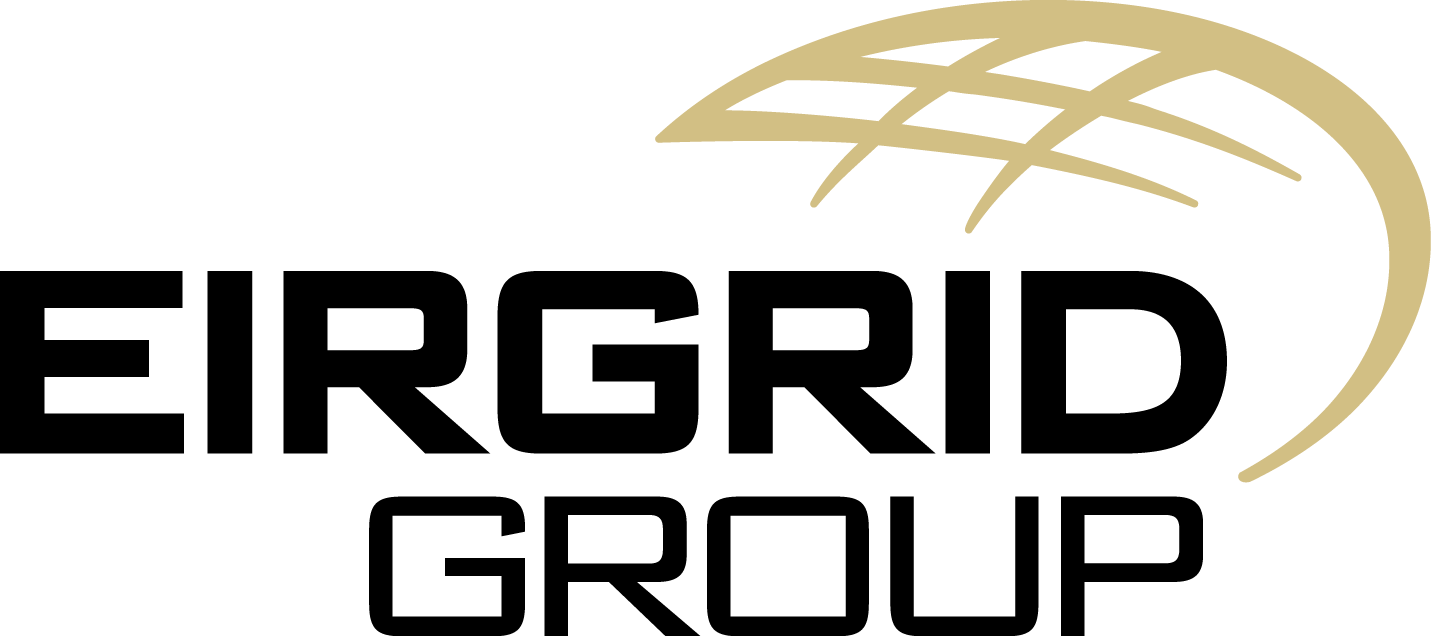 |
 |
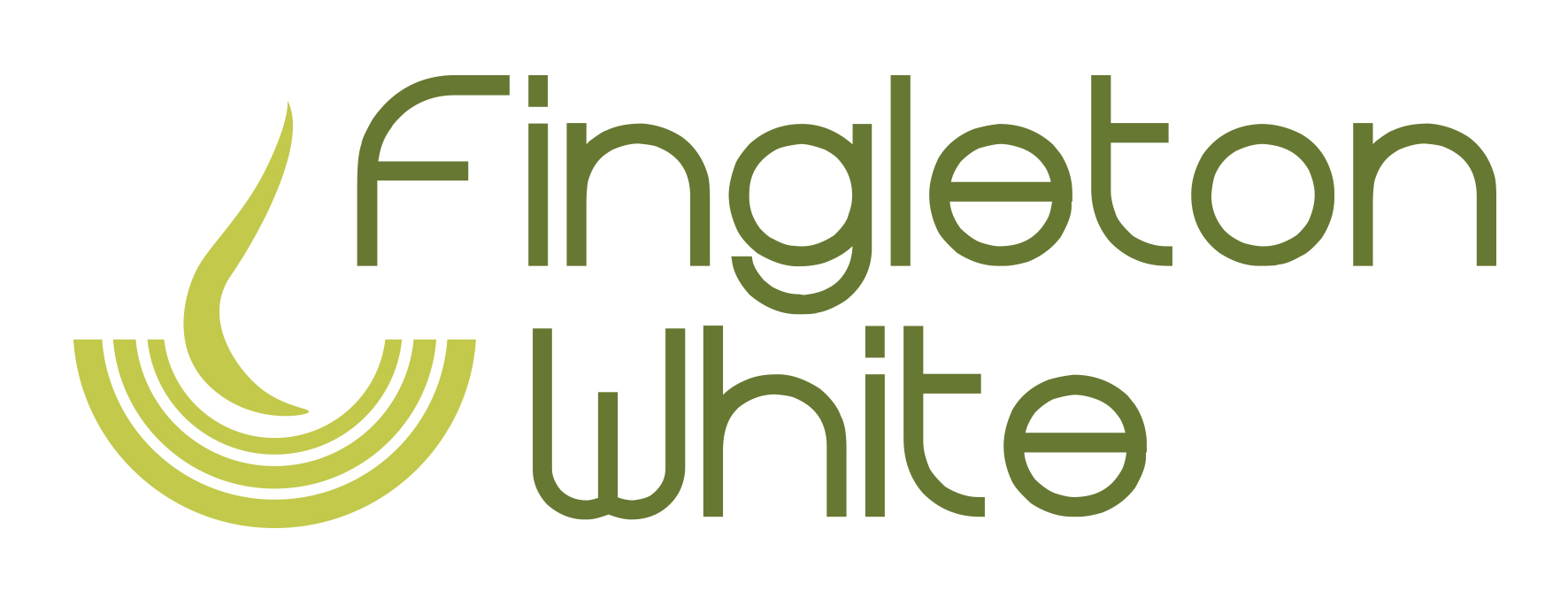 |
 |
 |
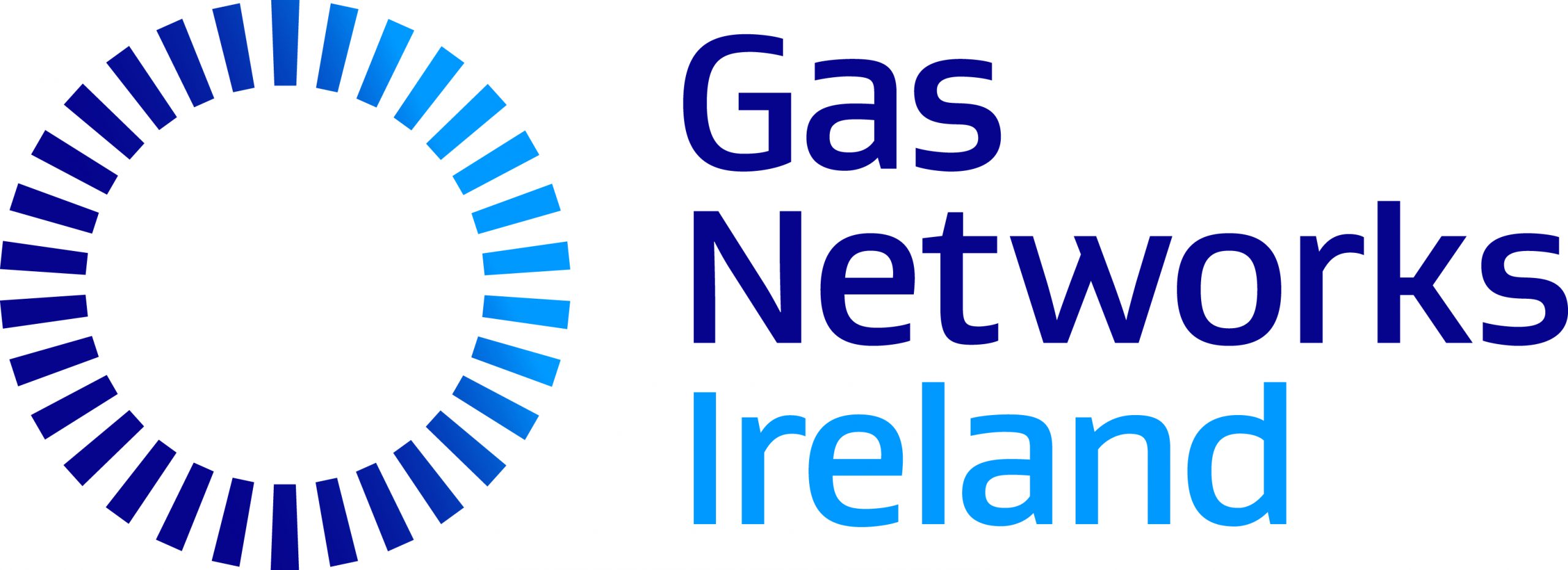 |
 |
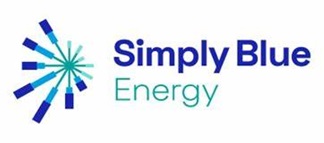 |
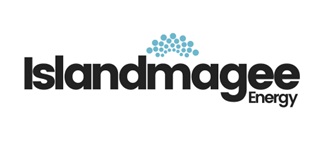 |
 |
|
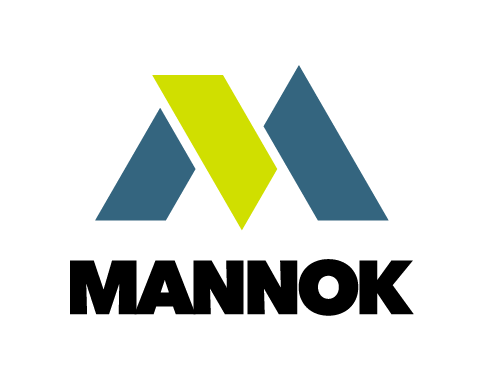 |
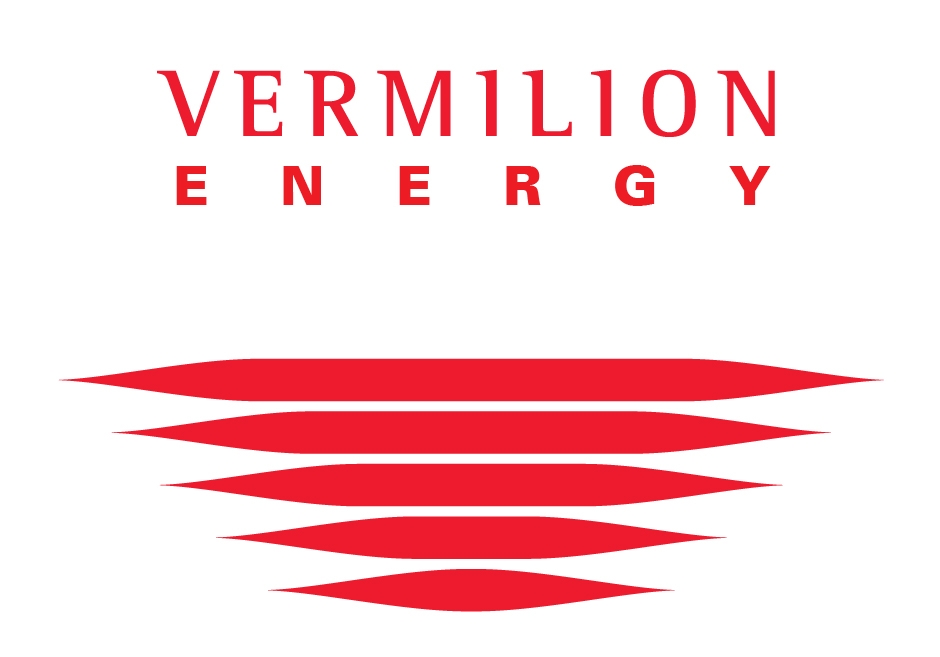 |
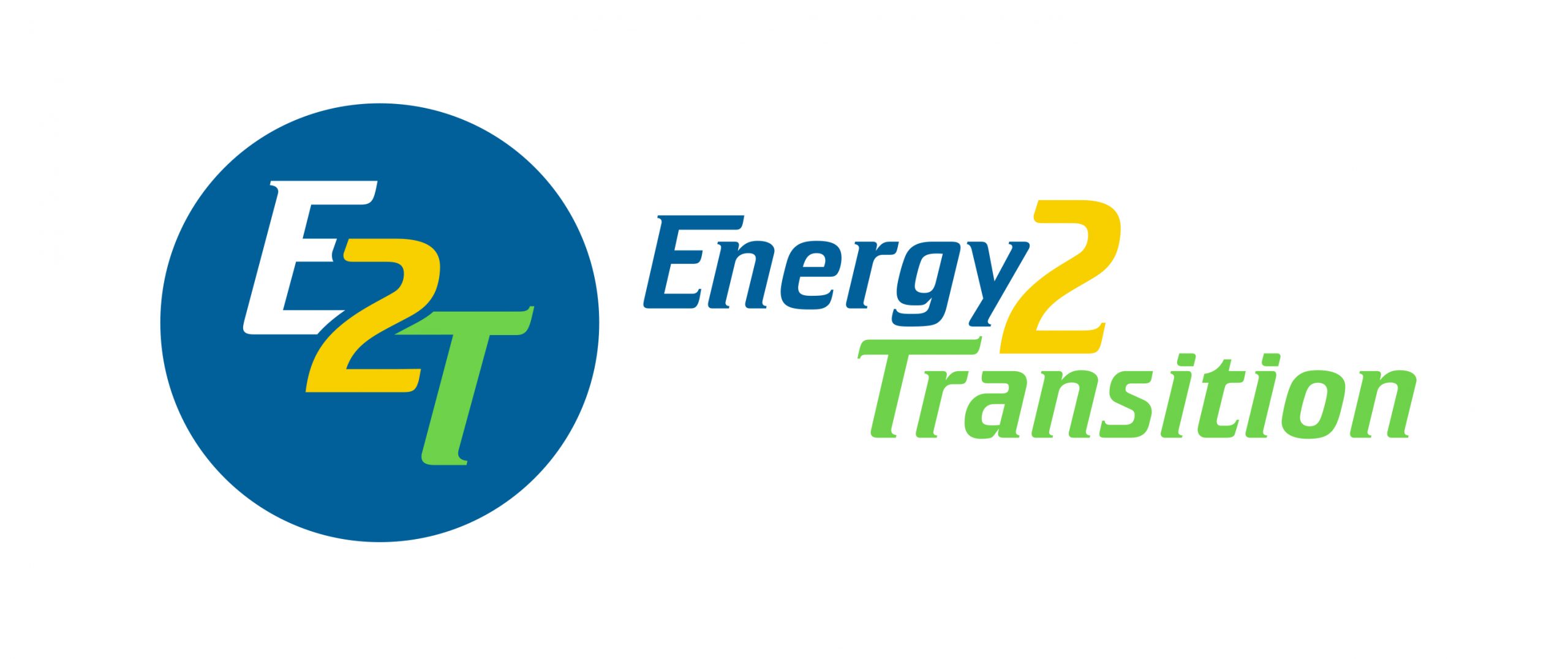 |
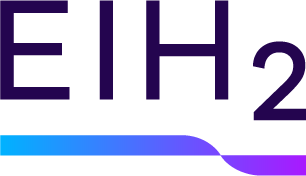 |
 |
 |
 |
 |
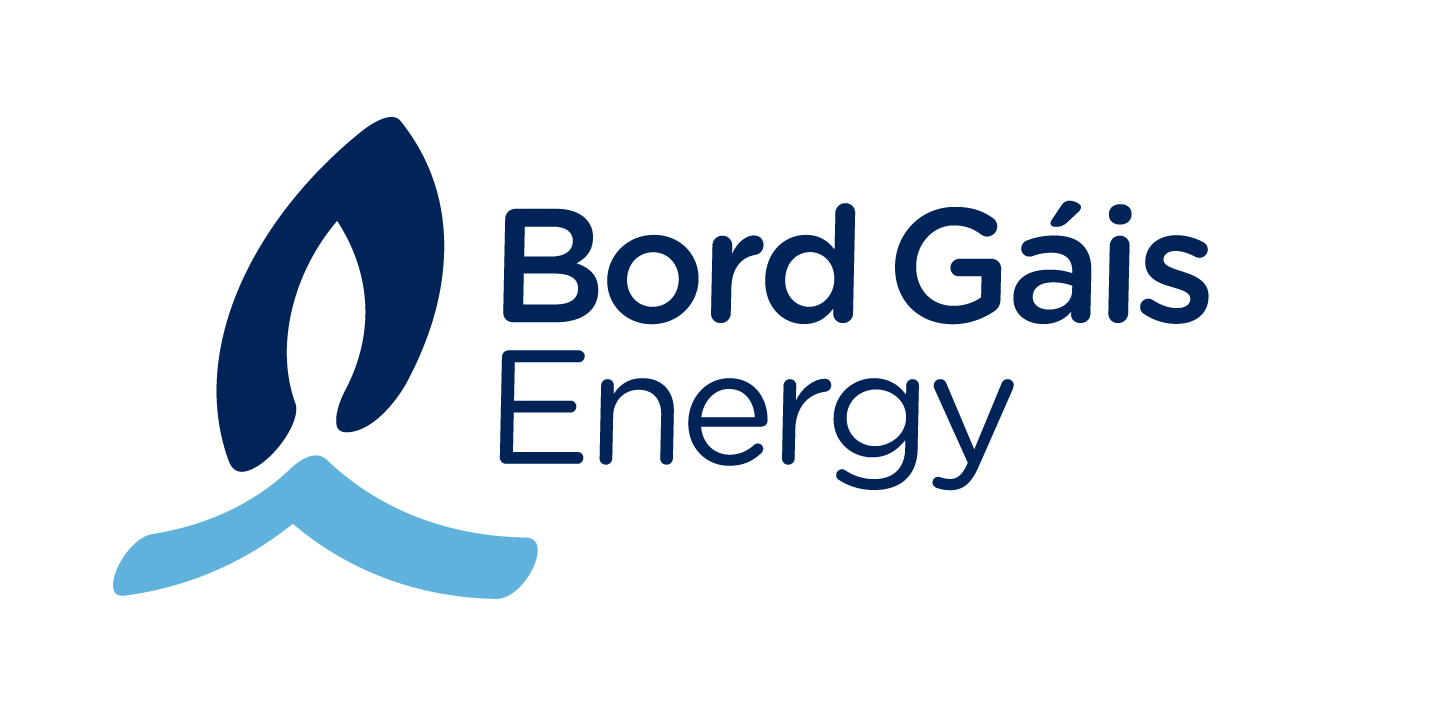 |
 |
 |
 |
 |
University Collaboration
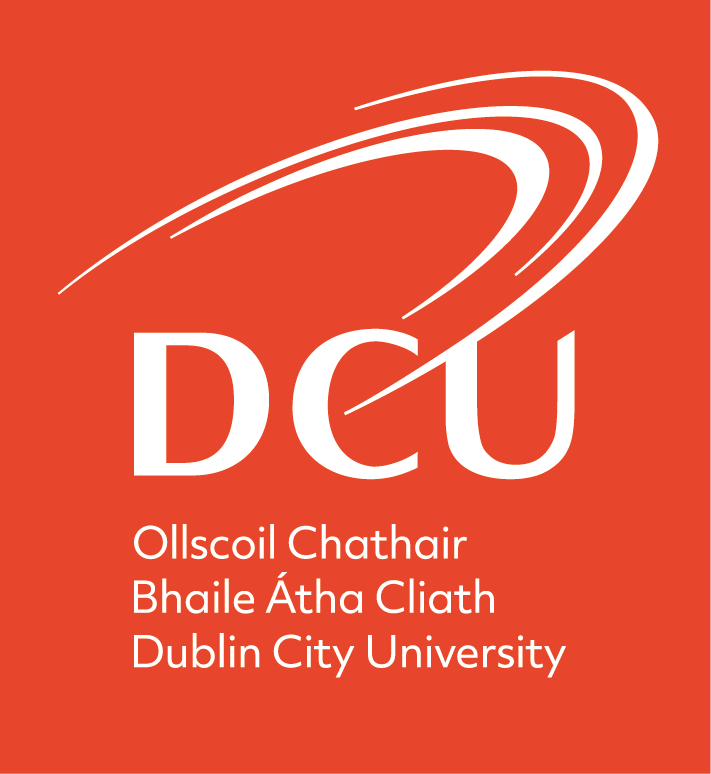 |
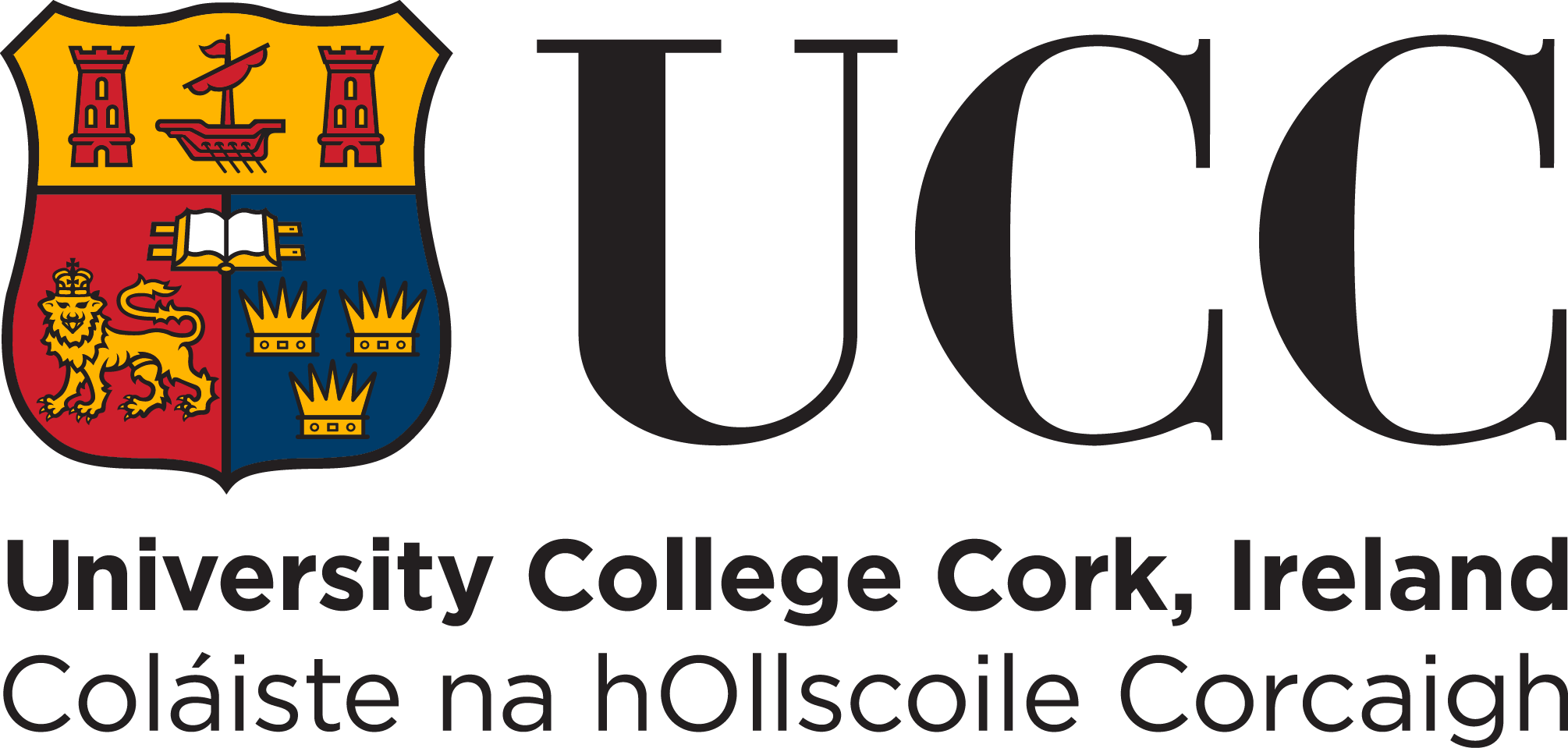 |
 |
Meet the Team
|
|
|
|
|
|
|
|
 |
 |
 |
 |
||
Photo Gallery
